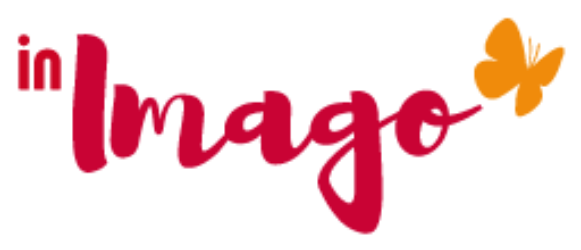The 4 values of Agility are divided into 12 principles. As and when I approach them in the transformations, I found success factors according to 3 focus: intensio- from a team point of view; Extensio-from a managerial or organizational point of view; Mago-from an individual point of view. The objective of this article series on the Agile Manifesto is to share these different focuses.
Principle 8- Agile processes promote sustainable development. The team maintains a constant pace indefinitely.
Principle 8 invites teams to commit to a constant pace. The team is invited to reflect on its organization and value delivered to maintain a pleasant work and avoid drifts.
Management guarantees the peace of mind of the teams and allows them to focus on what they have to deliver.
Focus Extensio, from an organizational point of view
Here, it is reminded to the management that Agile does not mean flexible team or buffer. Therefore , the meetings, the changes of assignments of the individuals, or the changes of projects must be realized outside the period of production. Delivery is to be favored against and against the organizational process of the company. Meetings and reporting should be removed. It is up to the management to anticipate not to generate arbitrary fluctuations, unwanted by the team, due to a mobilization of the team members on subjects other than those of the initial production.
The art of producing more is good in the given focus. For this to remain viable in the long term, it may be interesting to plan a break between each sprint to integrate organizational trips, useful meetings or team building, training, etc … or just to take stock serenely on how to operate in a broad sense in a changing organization.
It is here too, that the management must ask the question about the internal Agile community, is it a community of actions or simply of communication? If the community is a community of actions, the teams will see an encouragement to work independently and not an exhortation to produce!
In this principle, it is no longer the team that is the value of adjustment between one project and another but an invitation to managers to make the right arbitrations and thus help an Agile deployment within the organization, beyond even the projects themselves.
FOCUS Intensio, from a team point of view
When the team delivers functional products. The success of the team is visible and envied. It is then possible to think an Agile to scale.
See also Principle 7 – Operational software, (an operational product) is the main measure of progress of a project
The individual also sees new criteria for measuring individual performance and enters a phase of denial because the individual is not a machine. Delivery over short periods makes sense only if the team delivers added value every time …. be careful not to reproduce Modern Times (Charlie Chaplin)
Sustainable development involves the constant production of software features over a long period. This must be done without loss of concentration within the team and without an increasing amount of errors due to fatigue or frustration. Software development is like running a marathon and not a 100-meter sprint. However, the marathon will be thought of by the team as an individual 100 meter sprint.
If we refer to an orchestra: the rhythm is the one that gives strength to the interpreted music. Everyone in a breath gives the best of himself. When the score unfolds, the team is a metronome.
But, managers, do not forget that to play well, you have to train!!! That’s why the work environment must allow everyone to learn and sublimate their daily lives. In a sprint of 3 weeks, only 2 weeks are useful to the development of the product. The third week allows you to engage in learning rituals, regain interest in the company (meetings), train and sometimes create Agile scenarios to maintain this quarter of an hour ahead of the other teams.
No an Agile project, it is not to deliver at any cost every 15 days. But deliver functional products !!! and the good rhythm is that manageable by each of the individuals, themselves.
Principles 10 and 11 also address this issue through the ability of everyone to simplify and specify a flexible architecture with common sense.
This article was conceived and written by Dominique Popiolek, leader and professional coach.

